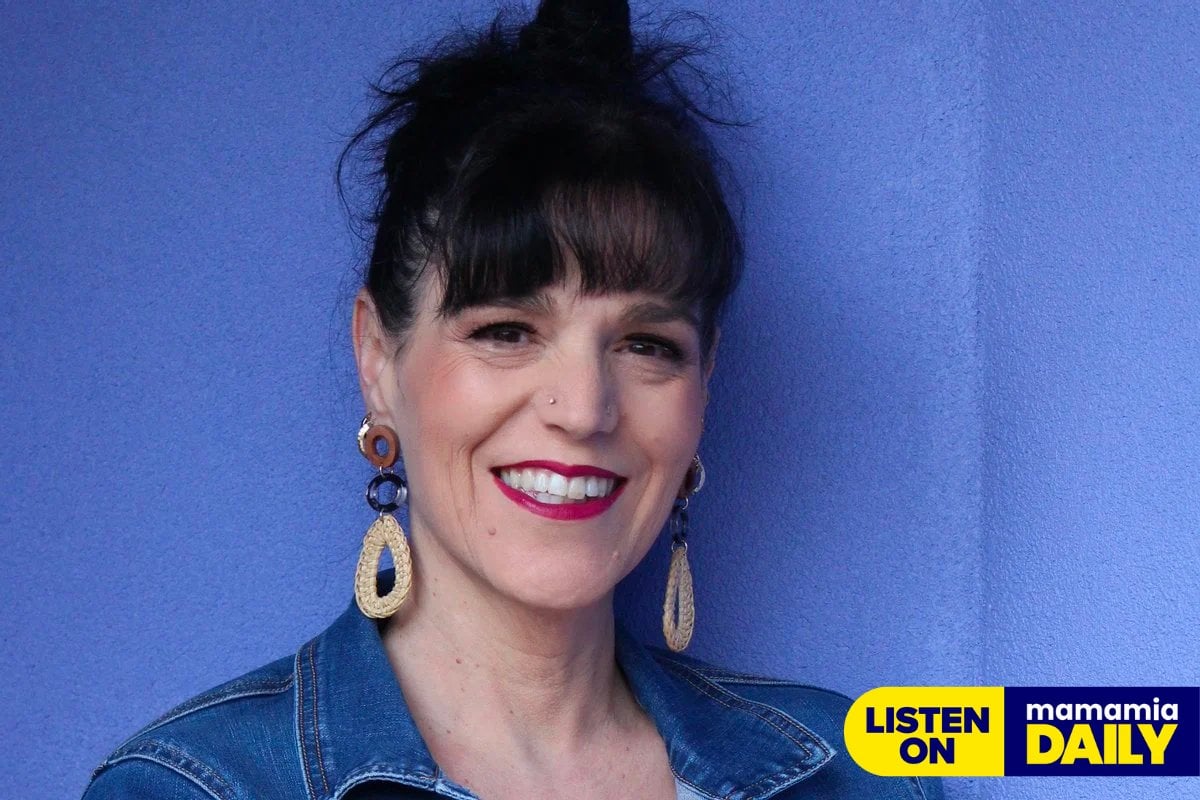
Listen to this story being read by Shannen Findlay, here.
As I sit here and reflect on my journey thus far living with Multiple Sclerosis (MS), it sure has been a challenging one.
In March 2011, I sat across from a neurologist who for the previous six months had been saying it was my migraines that had caused white spots to show up on my brain in three previous MRIs.
I come from a strong genetic background of others being diagnosed with MS including my mother and her cousins. I kept asking if it was MS. And I was told no. Then that one fateful day, he mouthed the words I'd been dreading to hear, "You have MS". (MS is not hereditary but has a genetic predisposition if all the environmental factors are in place).
Watch: Selma Blair speaks out about her MS for the first time. Post continues after video.
I don’t remember very much else he said, as fear went straight through my mind as to what my life would now become. I had recently become engaged and thought I was in my dream relationship, dream job, and living my dream life. My world crashed around me. Everything I knew was shattered, that naïve carefree thinking of 'I’m going to be well and live forever' was gone in the blink of an eye.
